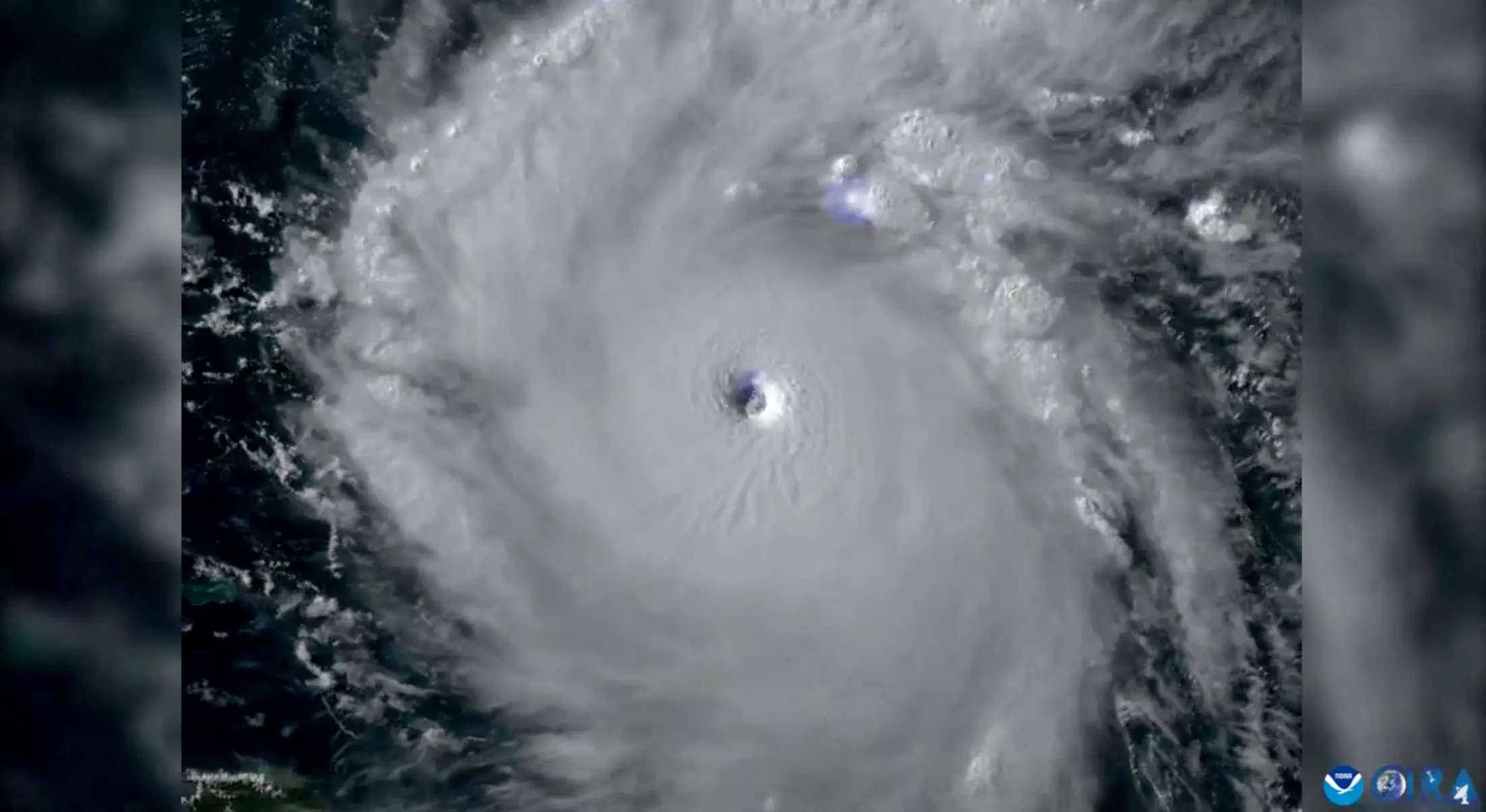
Hurricane Beryl: A Category 5 Early Arrival
Hurricane Beryl, the first hurricane of the 2024 Atlantic season, has etched its name in history as the earliest storm to attain the highest ranking of Category 5. Though now downgraded to Category 4 as it approaches Jamaica, Beryl’s journey is a stark reminder of the potential dangers posed by climate change and natural weather patterns.
Understanding Category 5 Hurricanes
Category 5 hurricanes are the most severe on the Saffir-Simpson Scale, featuring winds of 157 mph (252 kph) or higher. These storms can wreak havoc, causing widespread destruction to homes and infrastructure. With only 30 Category 5 hurricanes in the Atlantic since 1960, the impending threat of Beryl is significant.
The Unprecedented Early Arrival of Beryl
Beryl’s early development has shattered records, becoming the earliest Category 5 hurricane in the Atlantic. Scientists attribute this rapid intensification to the Main Development Region’s exceptionally warm temperatures, fueled by climate change. The North Atlantic’s sustained high temperatures point towards human activity as a driving force behind Beryl’s unprecedented strength.
Beryl’s Projected Path
As Beryl sets its sights on Jamaica, forecasts predict heavy rainfall of up to 12 inches (30 cm) and possible impacts on neighboring countries like the Dominican Republic and Haiti. With preparations underway, residents are urged to brace for the storm’s wrath, especially in vulnerable regions like Haiti. Other areas in Beryl’s path include the Cayman Islands, Belize, and Mexico.
Historical Context and Potential Impact
Beryl stands as the most formidable storm to threaten the southeastern Caribbean in two decades, reminiscent of the destructive Hurricane Ivan in 2004. Already, Beryl has left a trail of chaos in its wake, from damaged vessels in Barbados to power outages in St. Lucia. As it looms over Jamaica, the region braces for the worst.
Call for International Support
Caribbean leaders have sounded the alarm for improved financial and environmental assistance in anticipation of a volatile hurricane season ahead. These calls for action highlight the need for global cooperation in addressing climate change and safeguarding vulnerable communities from future disasters.
The Atlantic Hurricane Season
The Atlantic hurricane season, typically active from June to November, is fueled by warm seas and conducive weather conditions. This year, with ocean temperatures at record highs, experts project an extraordinary season with an increased number of named storms, hurricanes, and major hurricanes. Governments and organizations are advised to prepare for the worst as Beryl heralds the tumultuous season ahead.








